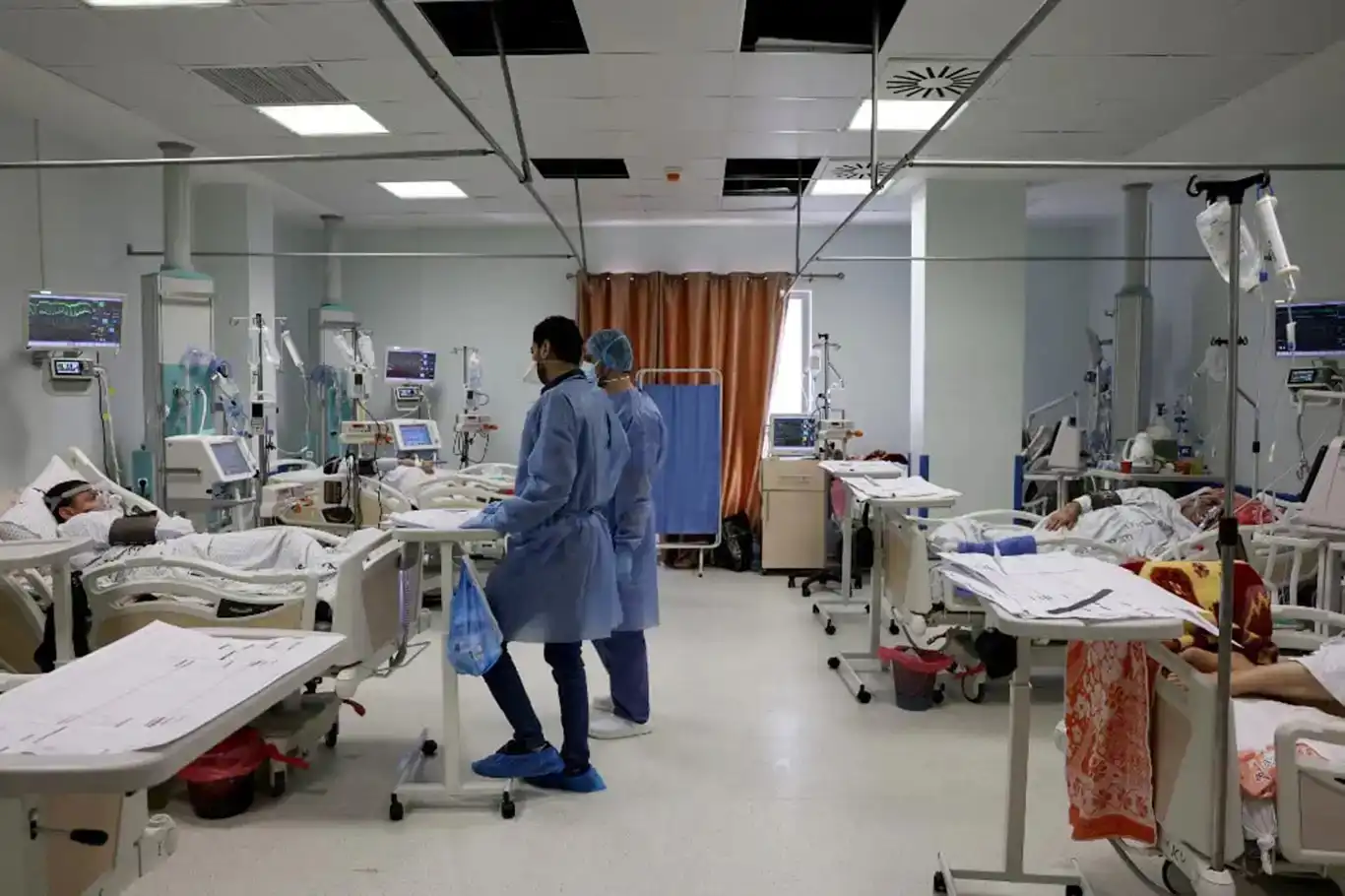Hepatitis outbreak in Gaza escalates amid collapsing health system


Gaza faces an unprecedented hepatitis crisis, with tens of thousands infected and limited testing, vaccination, or preventive measures, raising alarm over a potential national health catastrophe.
Health experts warn that Gaza is confronting an unprecedented hepatitis outbreak as the territory’s health system struggles to cope with escalating cases. Family medicine specialist Dr. Bassam Abu Nasser described the current situation as beyond the capacity of any functioning healthcare system, highlighting the collapse of post-conflict hygiene and protection measures.
Before the recent conflict, hepatitis cases in Gaza were under control, with approximately 700 patients monitored through strict preventive protocols. Since the escalation of hostilities, however, living conditions have deteriorated sharply. High unemployment, crowded displacement camps, poor food storage, and shared personal items have created an environment where the virus spreads rapidly.
Dr. Abu Nasser emphasized the scale of the crisis: official figures indicate 70,000 cases, though the actual number may be higher. Limited laboratory testing means most infections are identified only through clinical evaluation, and preventive vaccination for hepatitis A is largely unavailable. “We can only treat the symptoms. There is no pre-test or specific vaccine, allowing the virus to spread unchecked,” he stated.
Hygiene deficiencies in displacement camps further exacerbate the outbreak. Shared personal items, lack of clean water, and insufficient sanitation create ideal conditions for hepatitis transmission. Without prompt intervention, untreated cases risk severe complications, including liver failure, cirrhosis, and even cancer.
Gaza’s healthcare infrastructure is ill-equipped to manage the surge in cases. Resource shortages and inadequate disease monitoring have left the population vulnerable. Dr. Abu Nasser issued an urgent call to international health organizations: “We are facing a national health catastrophe. There are no facilities, no tests, no vaccines, no disinfectants. Immediate action is needed to prevent further loss of life.”
The situation underscores the vulnerability of populations in conflict zones, where collapsed health systems, poor sanitation, and limited international access can rapidly transform infectious diseases into large-scale epidemics. Health authorities emphasize that immediate support, including vaccines, diagnostic capacity, and hygiene interventions, is critical to prevent further escalation.(ILKHA)
LEGAL WARNING: All rights of the published news, photos and videos are reserved by İlke Haber Ajansı Basın Yayın San. Trade A.Ş. Under no circumstances can all or part of the news, photos and videos be used without a written contract or subscription.
Ukrainian President Volodymyr Zelensky and French President Emmanuel Macron signed a declaration of intent on Monday to expand defense-sector cooperation, marking what Kyiv described as a “historic” step toward modernizing Ukraine’s air force.
Germany has lifted its previously announced restrictions on arms exports to Israel, despite continued international scrutiny and human rights concerns linked to the war in Gaza.
A high-level government delegation from Tajikistan arrived in Kabul for talks aimed at expanding political and economic cooperation with the Afghan government, officials said on Monday.
Bangladesh’s former Prime Minister Sheikh Hasina has been sentenced to death by a special tribunal for crimes against humanity related to her alleged role in a violent crackdown on student-led protests in 2024.